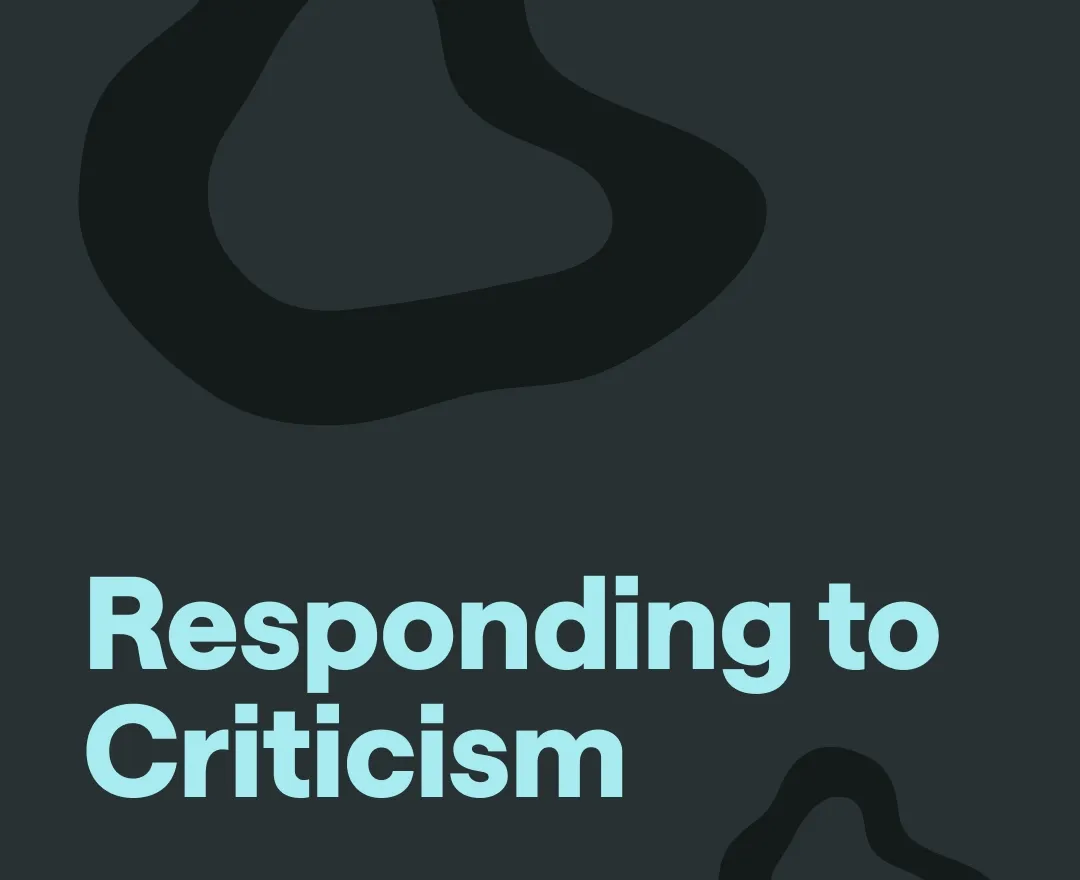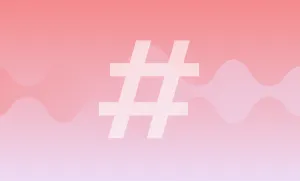Content creators are no strangers to criticism. From feedback from fans to exposés that paint our favorite YouTubers in entirely new lights, public criticism is part and parcel of creating content online.
If you’re growing your online brand, it’s important you know that criticism is inevitable. What you can control is how you respond. Because there is a right way and a very, very wrong way to respond to criticism.
Why do creators get criticized?
Many people believe that once something is made available to the public, it is fair game for critique — and so is the person who made it.
This is true… To an extent. Of course, online harassment and comments about creators’ looks, voices, families, and other personal topics are never acceptable and don’t merit a response.
But what about constructive criticism from peers? Or call-outs for bad behavior? Or many of the other reasons creators face criticism, such as:
- – Betraying audience trust with misleading content or partnering with unethical brands
- – Releasing low-quality content that’s poorly researched, unoriginal, or even plagiarized
- – Taking sponsorships from unethical brands or partnering with controversial figures
- – Sharing controversial opinions
- – Using problematic or offensive language
- – Displaying inauthenticity by ‘selling out’ and prioritizing profit
- – Becoming less relatable as they amass wealth
- – Engaging in harmful behavior, either online or in their personal lives
Even one of these issues can be enough to trigger outrage from audiences — necessitating a well-thought-out response.
How you respond can make or break your career
Dozens of creators' careers continue to be defined by their responses to criticism. Laura Lee, for example, lost over 300,000 subscribers in just one week after posting her infamous apology video, a crisis that haunted her for years.
Clearly, how you respond matters just as much as the incident that got you in trouble. Let’s put this into perspective with some examples.
Jonny Harris: the right way to respond to criticism
In 2022, Jochem Boodt of The Present Past posted a YouTube video titled ‘How Johnny Harris Rewrites History’, which analyzed and critiqued a fellow creator Jonny Harris’ video on the origins of European imperialism.
Their main point? Harris, a filmmaker and independent journalist, oversimplified the story and lent on biases to such an extent that “history is sacrificed at the altar of storytelling.”
Ouch — that had to sting. But Harris handled the situation like a pro.
Instead of becoming defensive, he commented on Boodt’s video, saying that he accepted their points and had reflected on what he should have done differently. He even asked Boodt to co-write the next part of his video series.
This ‘drama’ hasn’t impacted Harris’ career at all; rather, audiences have more respect for him now because he responded with such humility.
Logan Paul: the (very) wrong way to respond to criticism
Logan Paul represents the other side of the coin, having been involved in his fair share of drama. And while Paul has bounced back from near cancellation several times, his brand has taken a huge hit over the years, partly due to the way he handles criticism.
Let’s look at a recent example where Paul pretty much got everything wrong.
In 2020, George Janko left his role as co-host of the Impaulsive podcast, a decision he’s opened up about recently on his own show. Some of the claims he made are pretty damning, ranging from not being paid enough for his time to Paul sabotaging brand deals.
And how did Paul respond? By denying most of Janko’s claims, manipulating his words in an attempt to discredit him, and ignoring the main issue entirely.
No matter who you believe, this is not the right way to respond. So, is it any surprise Paul has received further flak from viewers and commentary channels for his reaction video?
6 tips for handling criticism like a pro
We hope you never get swept up in online drama, but if you do, make sure you’re prepared to handle the situation the right way with these six tips:
- Take a breath. It’s tempting to jump right into defending your actions or words, but how you react matters. Take a moment to breathe before you start penning (or recording) a response.
- Absorb the feedback. Before responding, make sure you understand your critics’ perspectives. Listen to or read their comments and consider the situation from every angle.
- Acknowledge their comments in a public response. Take the time to craft a comment, video, or post in which you acknowledge your mistake and apologize sincerely and respectfully.
- Have a constructive conversation. If you decide there’s been a misunderstanding, work to clear up any confusion by politely providing clarification and taking the time to answer any questions.
- Show you’re open to learning. Be transparent about your intentions for the future. For example, are you going to make a charitable donation or change your research technique? Just remember, actions speak louder than words!
- Move forward. Don’t linger on the issue once you’ve apologized; the online discourse will die down over time. Instead, focus on doing what you love: creating content.
Are you a content creator? Join our Discord!
Dealing with criticism is a crucial skill for any content creator. If you want to learn more strategies and connect with others who have experienced similar challenges, join our Discord community for support and advice.








